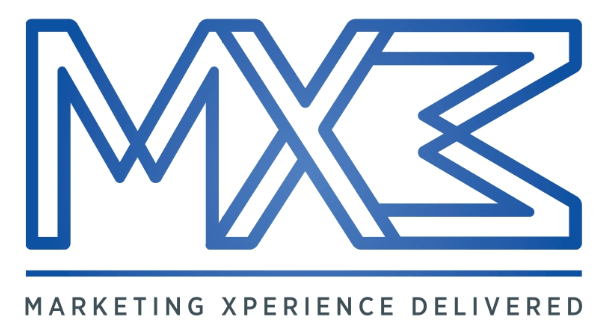Digital Marketing Audit
With today’s ever-evolving digital world, it’s easy for your online campaigns and brand/digital strategy to get lost. The more time you invest in making sure your strategies remain on the right track, the fewer mistakes you’ll make that cost you money and reputation points.
Getting outside help or doing it yourself doesn't change your primary goal of determining which digital elements are working and which ones aren't. It's not just financially prudent, but it's essential in planning your future growth of your company.
Check these red flags if you want to know if now is the right time to start a digital marketing audit. For instance:
- Your traffic is decreasing or unstable.
- You’re not reaching your targets.
- Your social following isn’t growing.
- Your bounce rate is going up.
- Your click-through-rate is struggling in your emails.
If You Need Help?
Drop us a line and we’ll get back to you
Digital Marketing Audit Form
Creating your own digital marketing audit report will:
Show you what you need to do differently
Save your business
money
Keep your business on track
Provide insights into your competition
DIY Digital Marketing Audit
If any part of your digital campaign is failing, it’s a sign that you need to rethink your strategy. Below, we’ll take a look at the elements which should go into your digital audit template. Feel free to pick and choose the parts that are relevant to your brand. Contact us if you need help or don't have the time or expertise to complete this exercise.
